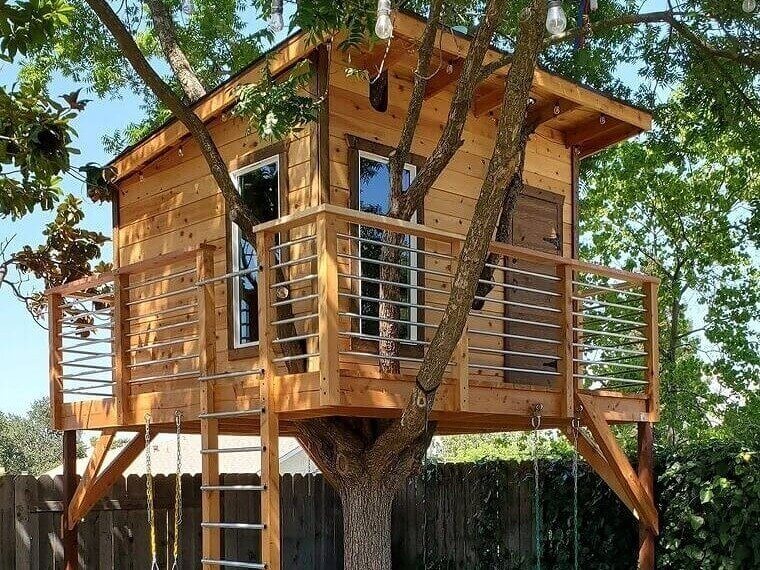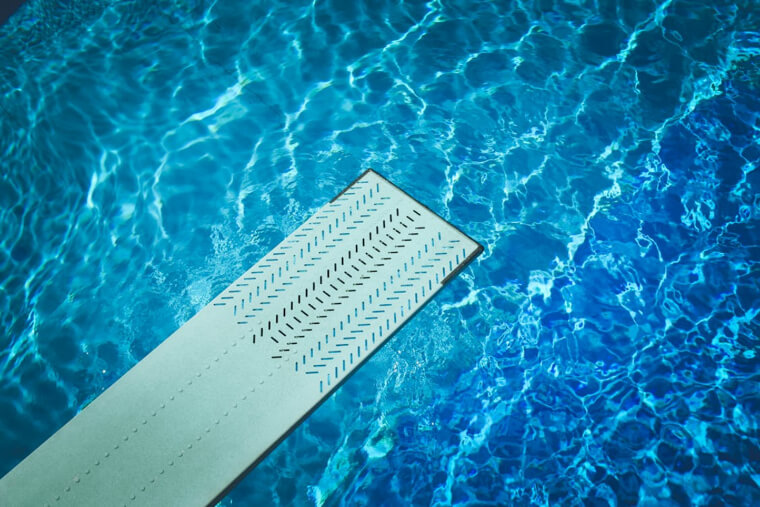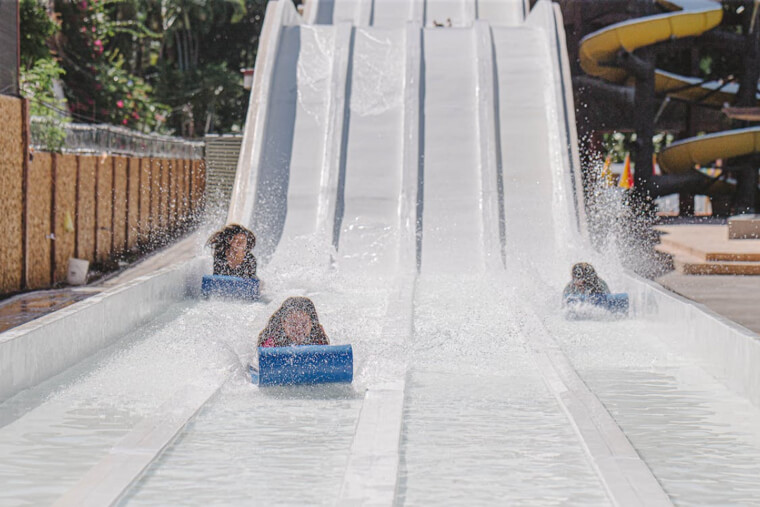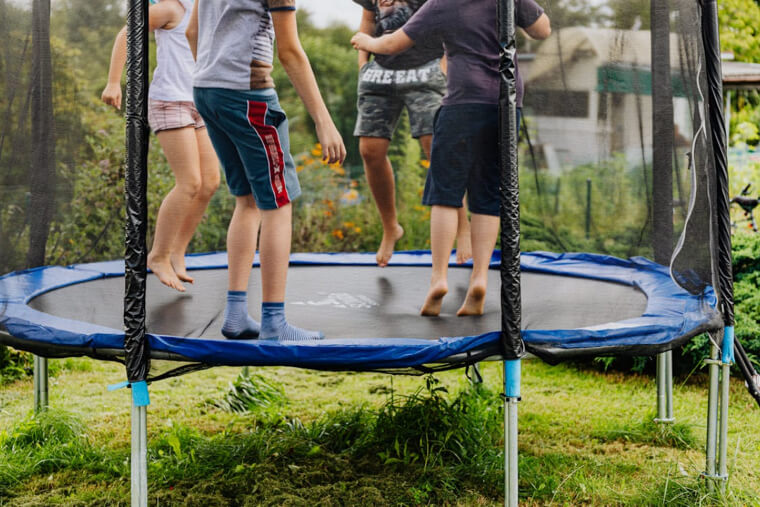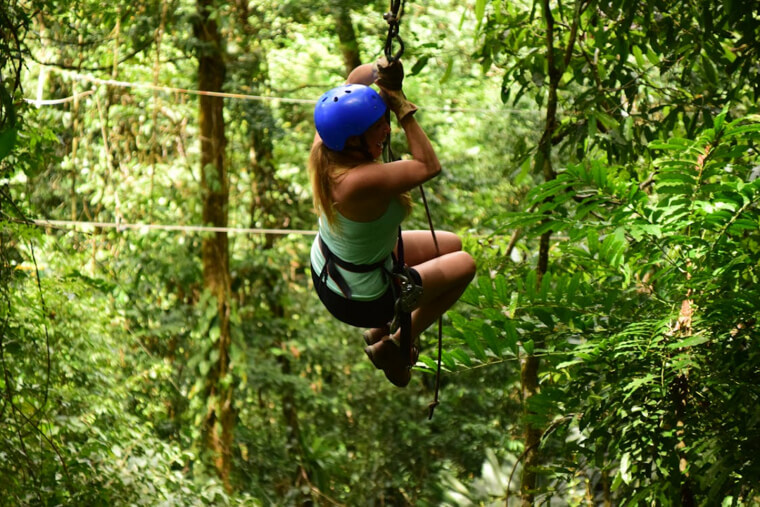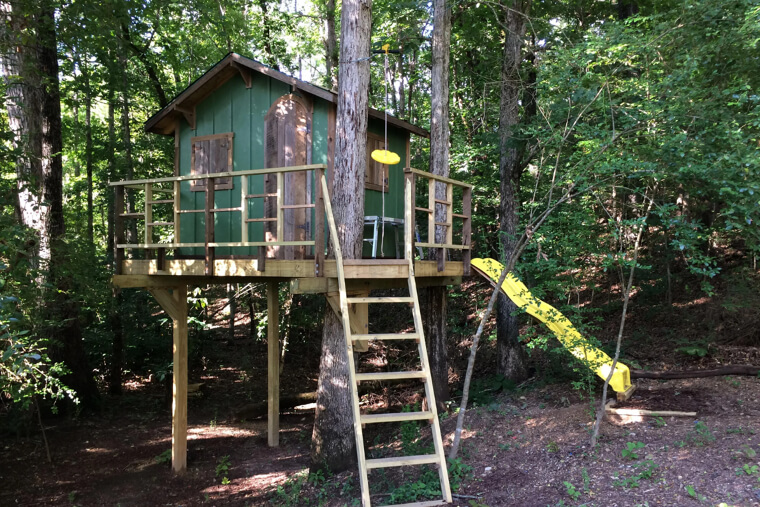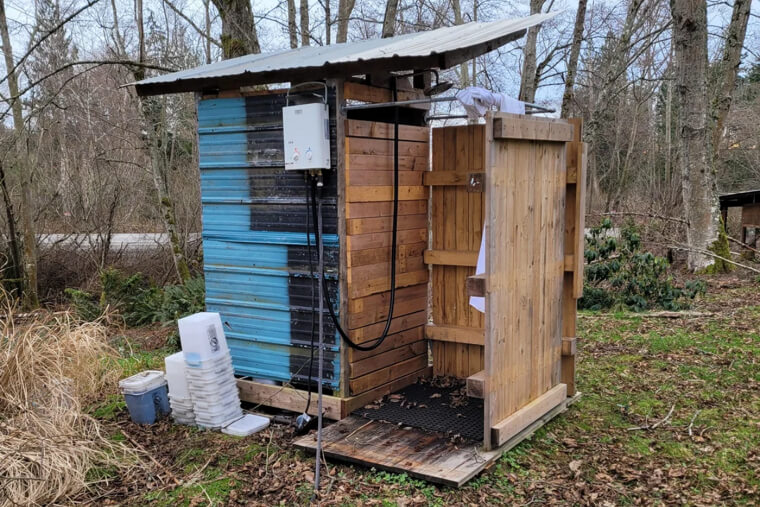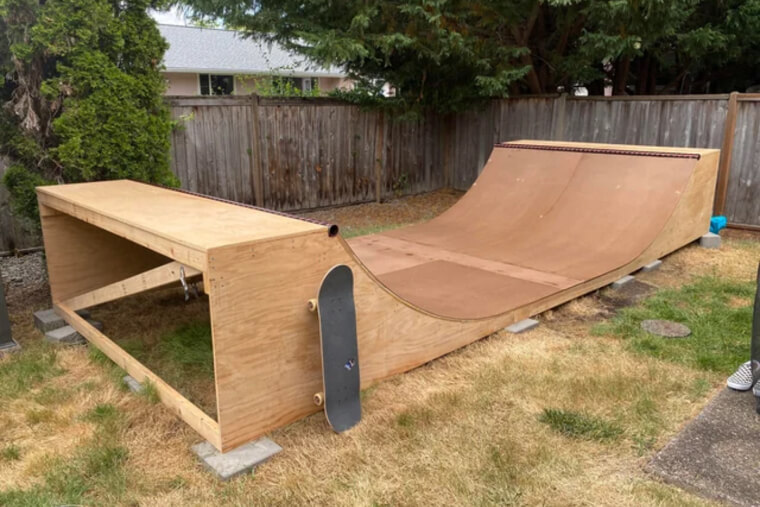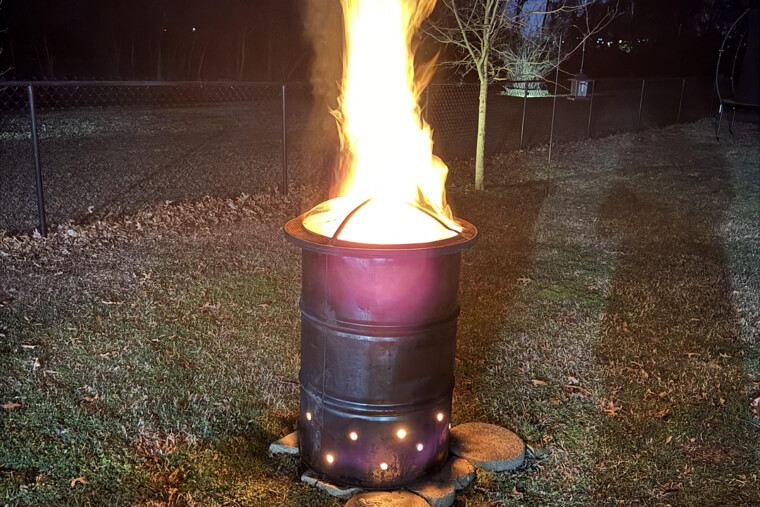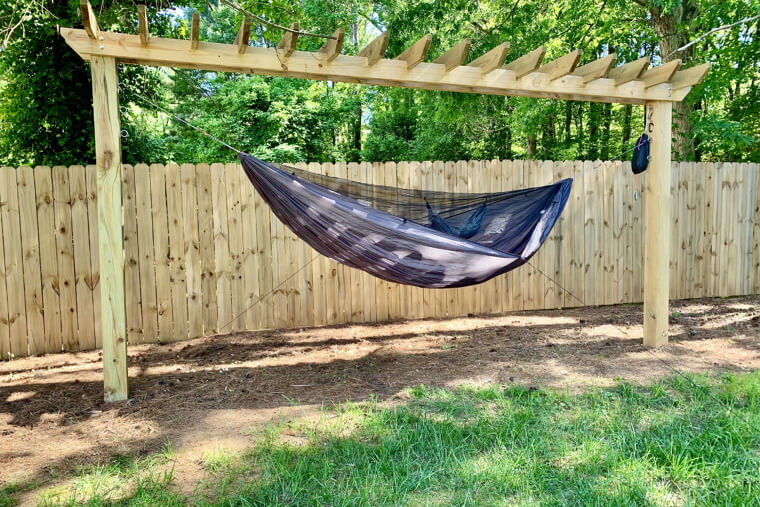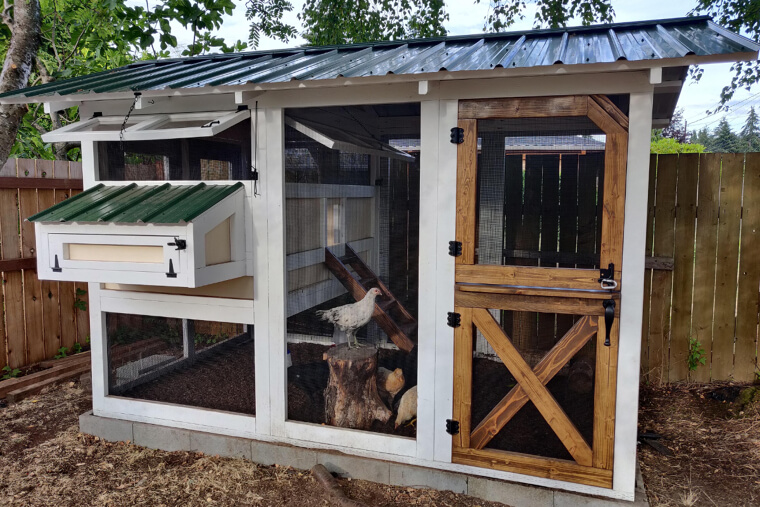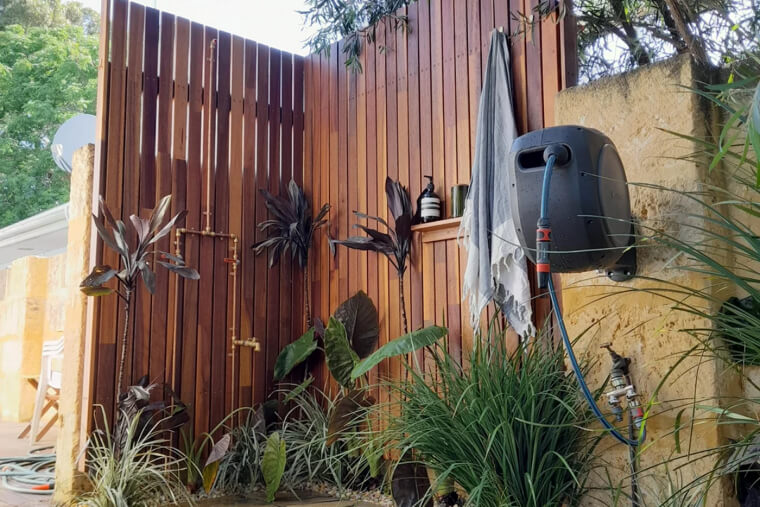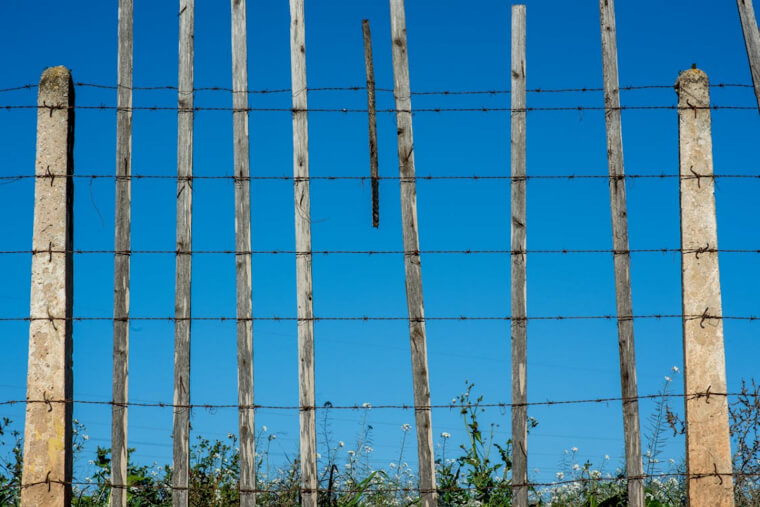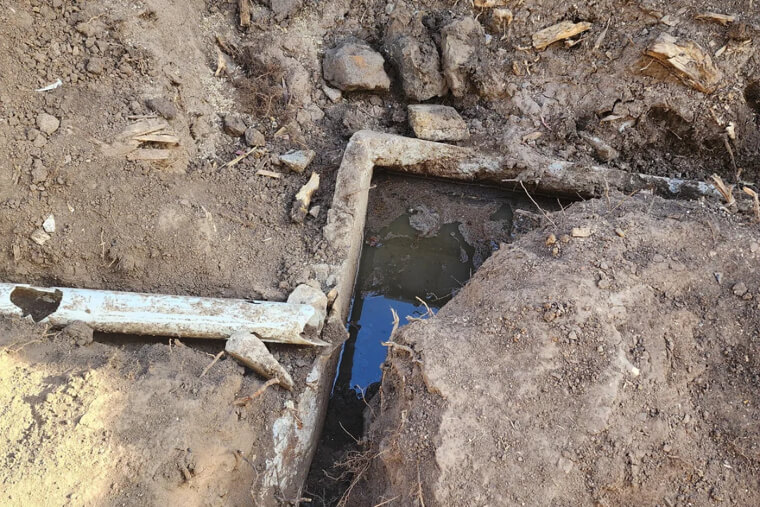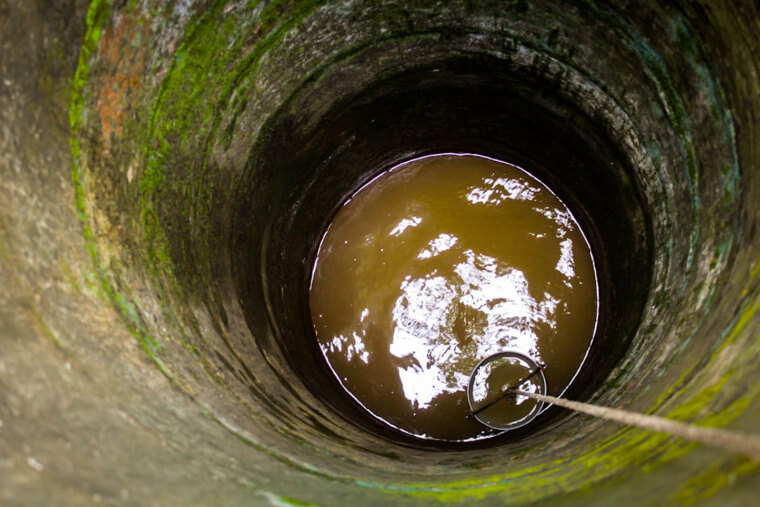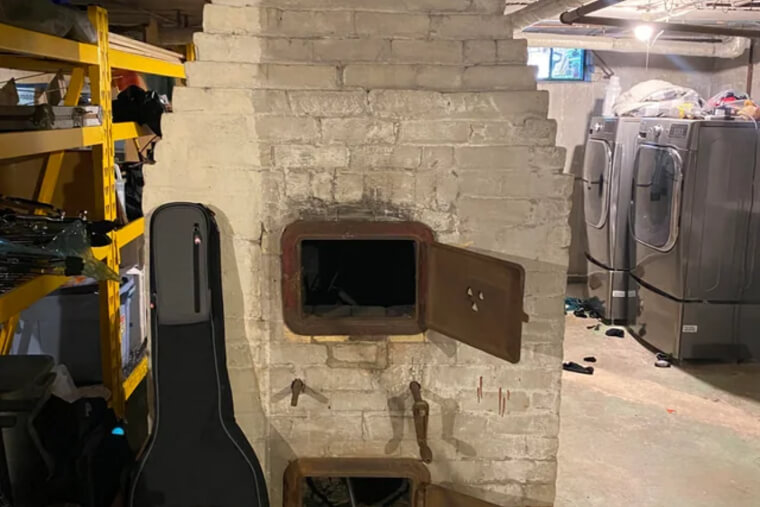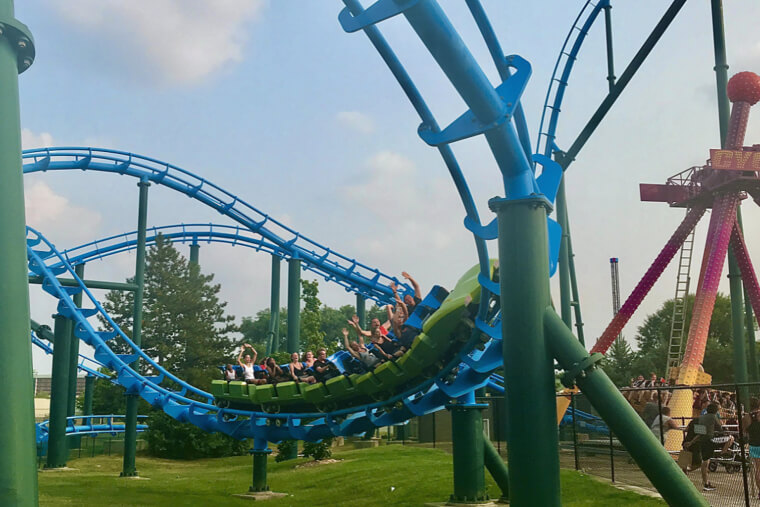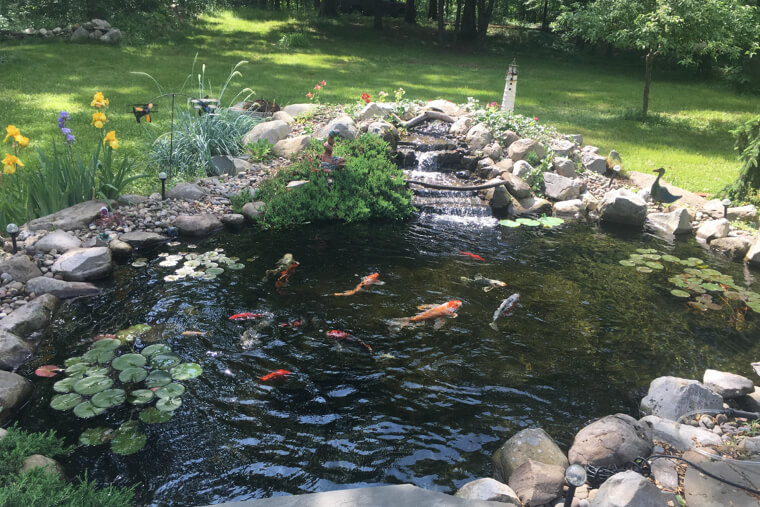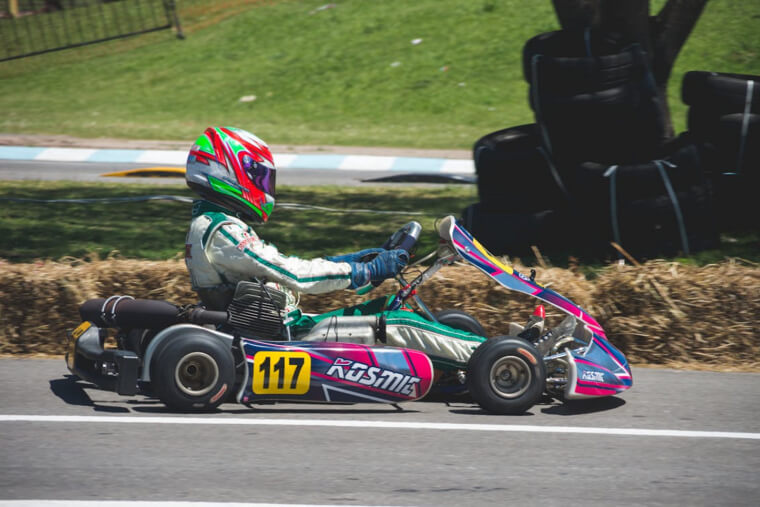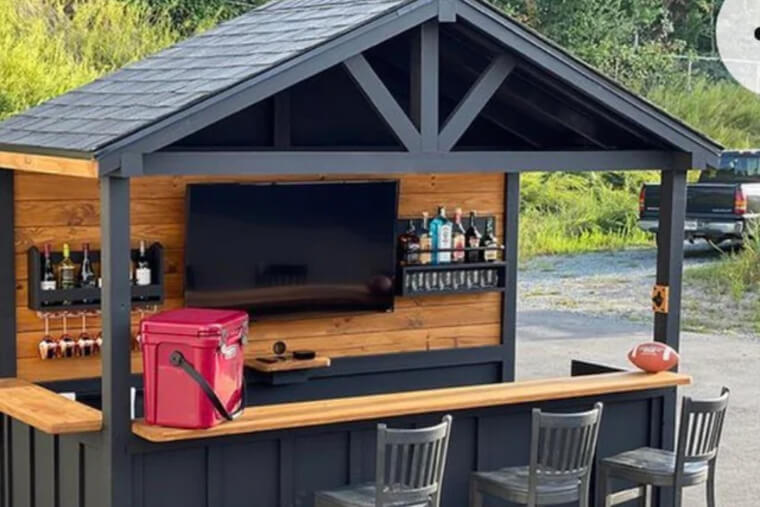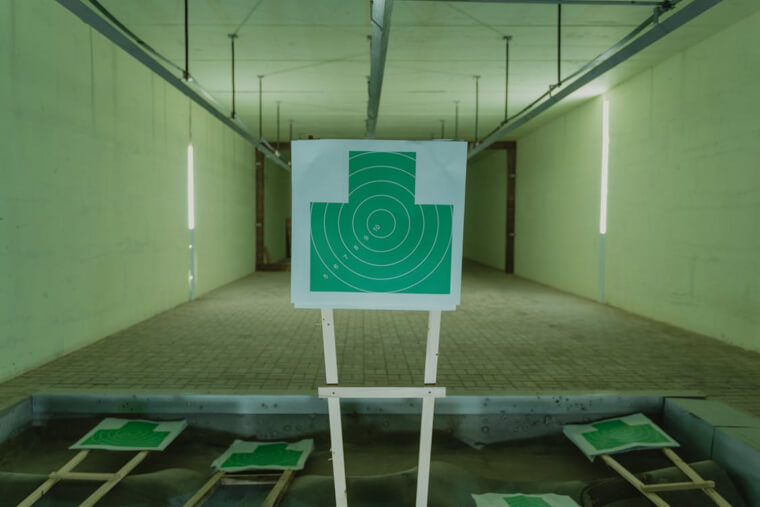Your Backyard Could Be a Dangerous Place
It may sound absurd, but every year, hundreds of thousands of people die in accidents at home, and millions more are injured. HOA and state regulations for backyards are designed to prevent such injuries and deaths. Here are a few backyard features that such regulations have now made illegal.
Old-School Diving Boards
Back in the day, it wasn’t uncommon to see diving boards attached to backyard pools. But anyone who’s used a diving board knows how dangerous they can be, which is why most local jurisdictions have banned them from homes.
High Pool Slides
Most water slides in commercial water parks need to meet strict regulations, so it’s no surprise that having a pool slide at home is against the law. Like diving boards, having high, steep slides in home swimming pools can pose a major accident risk to residents, especially if you have young children.
Trampolines Without Safety Nets
Anyone who’s ever been a child knows the joy of spending all afternoon jumping around on a trampoline. But one too many injuries has prompted many jurisdictions to outright ban trampolines without appropriate safety features. Honestly, having a few nets around is worth it if it saves lives.
Homemade Zip Lines
Believe it or not, back in the 70s and 80s, people actually built entire adventure parks in their backyards, complete with rope bridges and zip lines. Like the previous entries on this list, they were banned in many localities to prevent injuries and deaths.
Treehouses Without Permits
Building a treehouse was once a bonding activity for father and son. Now, it’s difficult to even get the permits to build one. An unpermitted treehouse can get you fined thousands of dollars, but ultimately, making sure your treehouse is up to building codes only safeguards your family.
Backyard Outhouses
Unlike previous entries, backyard outhouses were not banned because of safety concerns but for public health and sanitation. Many outhouses were not connected to sewer lines and used ‘pit latrines’, which were unsanitary and posed a public health risk. They could contaminate drinking water and cause diseases like cholera and typhoid.
Homemade Skate Ramps
Having a half-pipe at home might be the dream for many skaterheads, but building one is strictly regulated or banned in the US. This is because of the persistent noise complaints and safety risks that such ramps raise.
Burn Barrels
In hindsight, it seems pretty obvious why burning household waste and wood in small barrels in your backyard might not be the best idea. Air pollution and fire safety are two big reasons why burn barrels were banned in many parts of the US.
Large Hammock Structures
While not outright banned by local governments, many HOAs have banned large hammocks due to the safety risk they pose. If installed improperly, they can cause injury, property damage, and damage to vegetation, which makes them a liability. While smaller hammocks are mostly permitted, large, free-standing ones can not be installed in backyards.
Exotic Animal Pens
Keeping wild and endangered animals as pets might have been legal in the 1900s, but it’s definitely not legal now. Owning and housing animals like snakes, monkeys, lions, and even chickens (in some areas), in pens, is against multiple local, state, and even some federal laws.
Outdoor Showers Without Plumbing
Similar to outhouses, outdoor showers also pose a health and sanitation risk. If not connected to the water waste management system, they can end up contaminating drinking water supplies, because of which they have been banned in many locales in the US.
Barbed Wire Fencing
Although barbed wire fences were common across the US for decades and can still be found in many rural areas, most suburbs have either banned or restricted their use. This is because of the potential safety risk they pose to neighbours, animals, and children. They can puncture and impale unintended victims, making them dangerous.
Old Septic Drains
Old-style open drains and septic tanks are now banned for the obvious sanitation risk they pose. Back in the day, when people didn’t know much about public health and sanitation, open drains seemed convenient, but now, their use has been completely banned in favour of more modern waste management techniques.
DIY Wells
If you think finding a well in your backyard is a free water supply gold mine, think again. You have no idea if the water is drinkable, and the standing well water can breed insects. That’s why digging an unpermitted well is prohibited in most of America.
Backyard Incinerators
Like burn barrels, incinerators also pose a fire safety hazard, and they’re worse when it comes to air pollution. They ruin the air quality not just for you but for your entire neighbourhood. That’s why their use has been banned by many local agencies.
Homemade Roller Coasters
Believe it or not, these used to be a thing. And no matter how fun they sound, they are most definitely a safety hazard. With no frequent safety and quality checks, such roller coasters often met with accidents, causing serious injuries. This led to their widespread ban.
Standing Unfenced Water Features
Small ponds, unguarded pools, and fountains, etc, are a fall risk. There have been many cases of children and pets accidentally falling into such features and tragically losing their lives. This has led to such features being highly regulated, with unpermitted water features being liable for heavy fines.
Homemade Go-Kart Tracks
In the same league as home roller coasters, ziplines, and skate ramps, go-kart tracks (and go-karting in general) can be dangerous. Most go-karting places will make you sign a waiver to even participate.
Outdoor Bars Without Licenses
Having a personal bar in your backyard for yourself and some friends and family isn’t illegal, but operating a permanent liquor-serving establishment without a license is. In short, if you’re making money selling your alcoholic drinks out of your backyard bar without a permit, you will be liable to pay heavy fines and maybe even serve time in jail.
Backyard Shooting Ranges
Having a small shooting range in the backyard of your house is legal in some rural locales, but doing so violates the law in most urban areas. For obvious reasons, having a shooting range in urban and suburban houses (which are usually smaller and more tightly packed together) poses a severe danger to the entire community.

